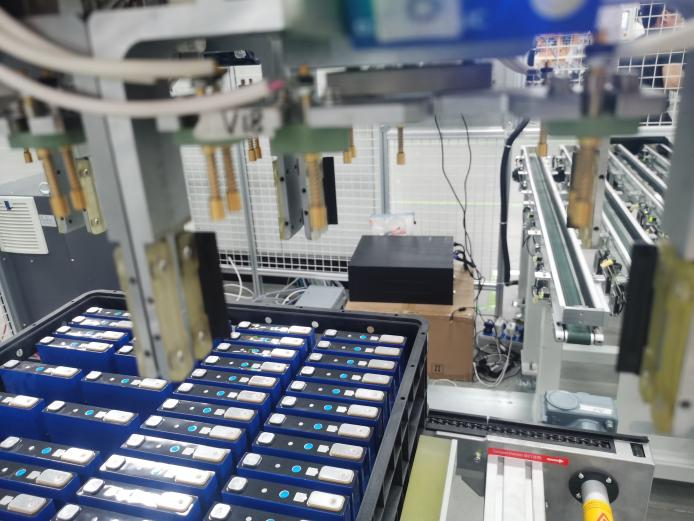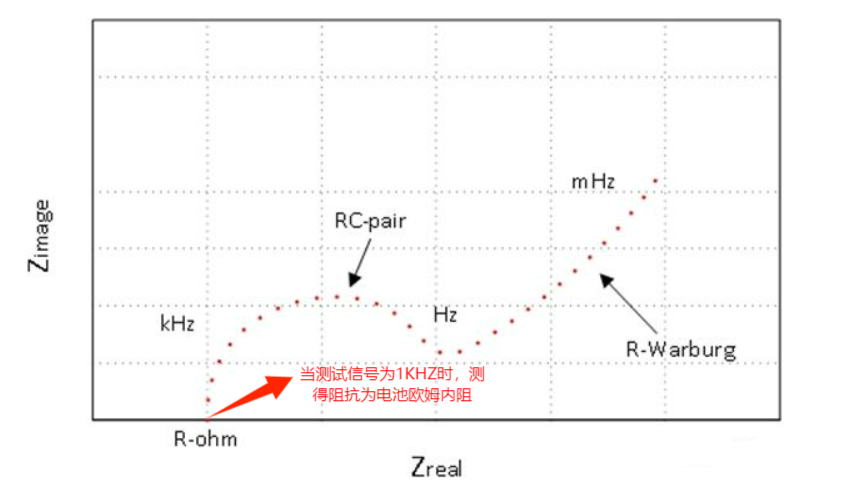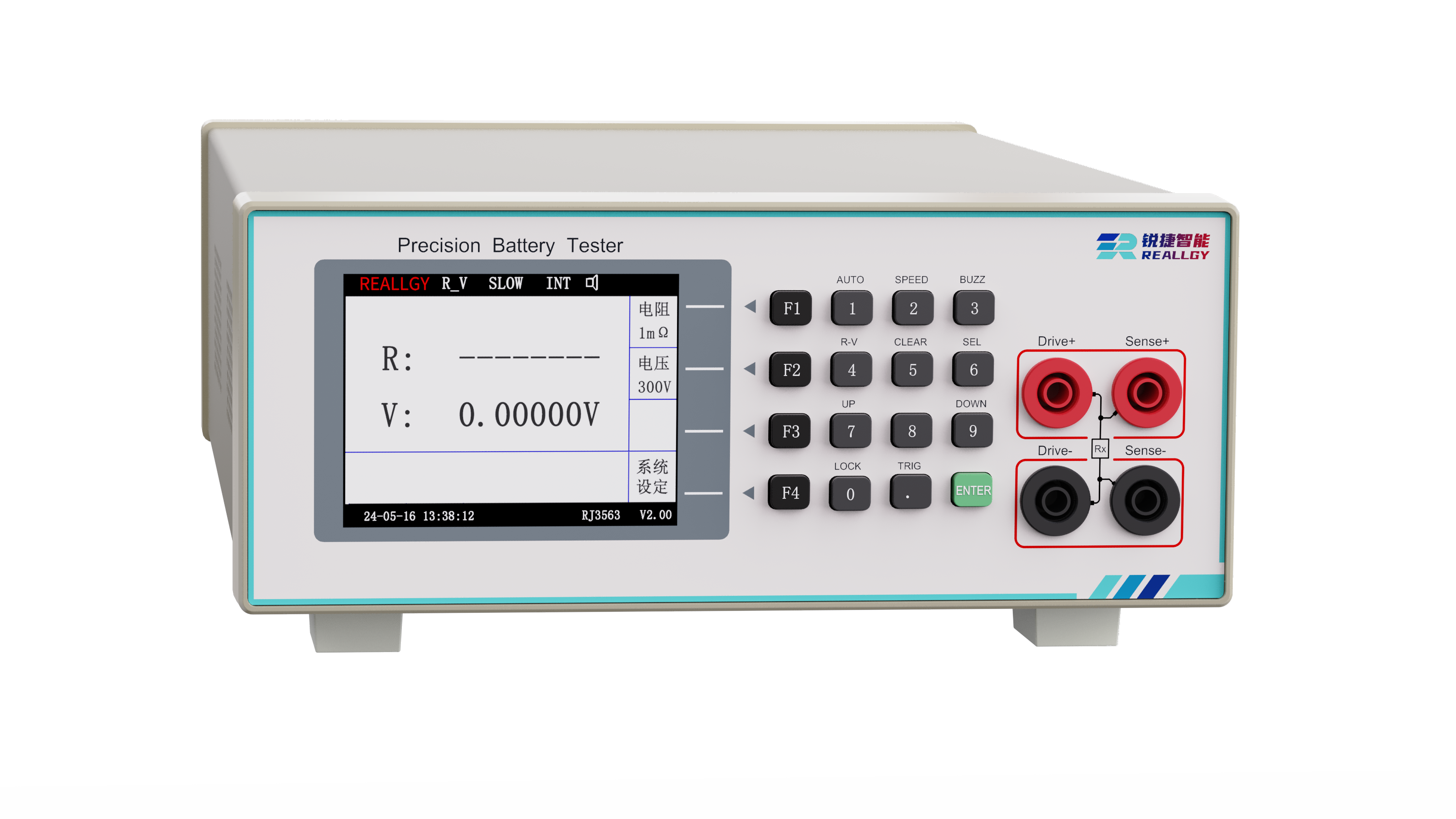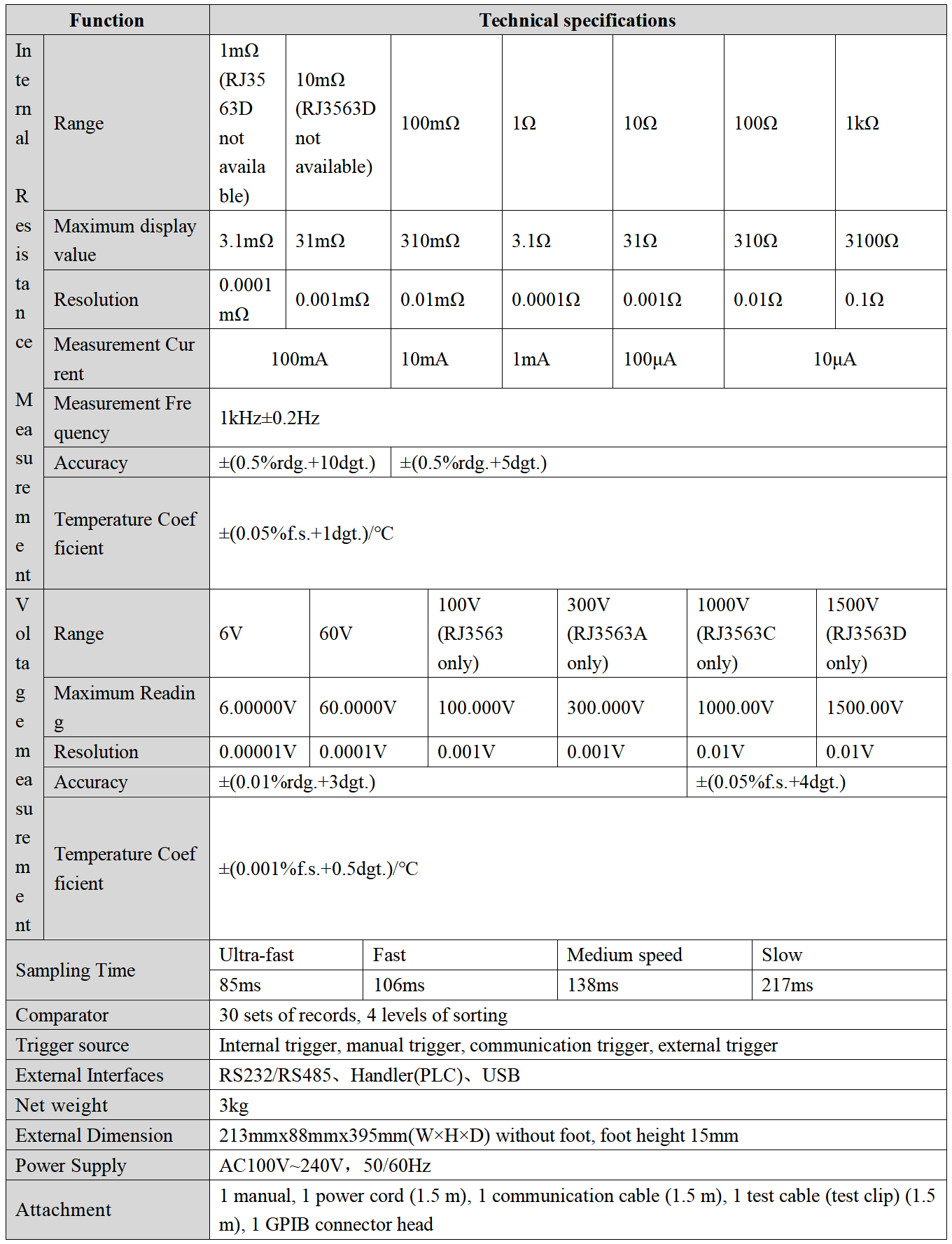ACIR and OCV Testing Solutions for Lithium Battery Cells
I. Industry Background
With the development of new energy technologies, lithium batteries, which have high energy density and green production, usage and
recycling processes, are increasingly favored by people.Benefiting from the national development policies and the rapid
expansion of the new energy vehicle market, the development space for lithium batteries is vast.
Major battery manufacturers have significantly increased their investment in the research and development of lithium battery
production technologies, and the lithium battery production technologies have been continuously improved.
The detection indicators for each process have also been continuously clarified.
Among them, the ACIR test and OCV test can assist production personnel in accurately assessing the charging and discharging status,
capacity and aging state of the battery, thereby classifying the battery cells or directly picking out the abnormal battery cells.

II. Application Requirements
The internal resistance of a battery is a crucial factor affecting its power performance and discharge efficiency.
As lithium batteries are stored for an extended period, they will gradually age and the internal resistance will increase.
Therefore, the internal resistance is an important parameter for evaluating the power performance of the battery and the
performance of lithium batteries.

The open-circuit voltage of a battery is the difference in potential between the positive and negative electrodes when the
battery is in an open-circuit state.
If there is a short circuit or micro-short circuit inside the cell, it will cause abnormal open-circuit voltage of the battery.
By testing the two open-circuit voltages of the same battery at a constant temperature and with a fixed time difference,
the K value of the battery can be calculated, which can reflect the speed of battery self-discharge and help determine
the quality of the cell.
The cell body voltage refers to the difference in potential between the positive electrode of the battery and the cell body,
or between the negative electrode of the battery and the cell body. This indicator can evaluate the reliability of the
electrode protection process of the battery.
III. Solutions
The precision battery internal resistance tester developed by Ruijie Intelligent is fully compatible with the OCV testing
process of lithium battery cells.
It can quickly and reliably test the AC internal resistance, open-circuit voltage, and cell body voltage of the cell.
It has good testing effects for single cells and multi-cell integrated PACK modules.

The RJ3563 series precision battery internal resistance tester features high testing accuracy and a wide testing range.
It can sort and judge the test results.
At the same time, it supports RS232 and RS485 communication methods, and can also output the test judgment results through IO.


